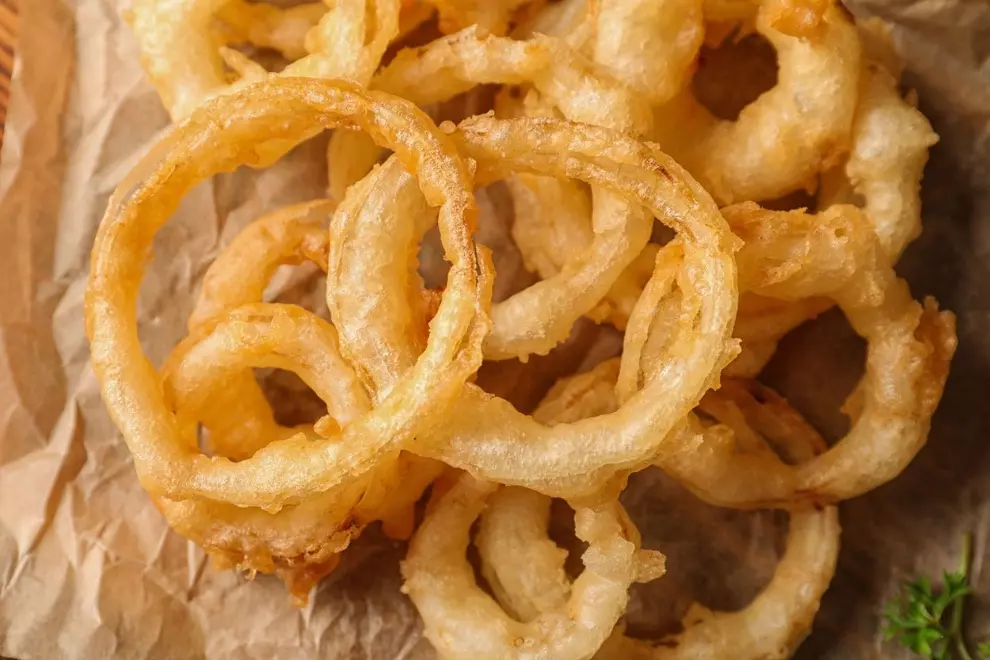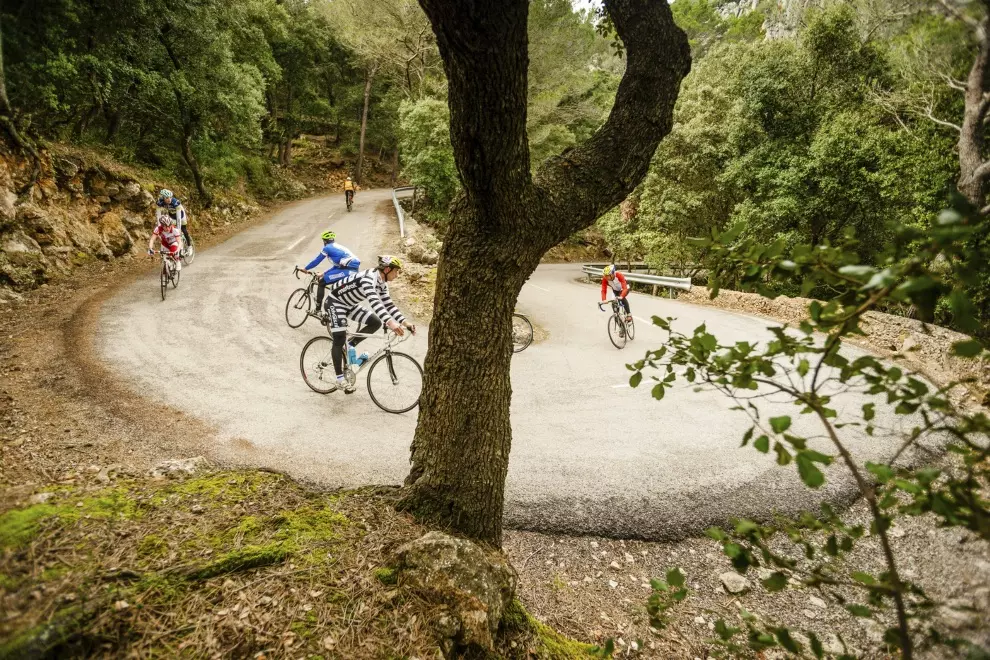Why do we like junk food so much?
We know that a diet rich in fat and sugar promotes excess calorie intake and weight gain. There is also plenty of research showing that obese people have altered dopamine function. This means their brain gives them a much bigger reward for eating junk food. The problem is that we don’t really know what causes the dopamine function to be altered in this way. There are three main hypotheses:
- Some people are born with altered dopamine function which increases their susceptibility to weight gain
- Dopamine function is altered as a result of being obese
- Dopamine function is directly altered by repeated exposure to junk food
Researchers at the Max Planck Institute for Metabolism Research in Cologne, in collaboration with Yale University, set up an experiment to test the third option. They think that foods with a high fat and sugar content may change our brain.
“Our tendency to eat high-fat and high-sugar foods, the so-called Western diet, could be innate or develop as a result of being overweight. But we think that the brain learns this preference,” said the lead author of the study, Sharmili Edwin Thanarajah.
To test their hypothesis, the researchers gave one group of volunteers a pudding containing a lot of fat and sugar every day for eight weeks on top of their normal diet. The other group in the experiment received a pudding that contained the same number of calories but less fat. The volunteer’s brain activity was measured before and during the eight weeks.

Our brain learns to crave high-fat junk food
The results of this experiment support the third hypothesis. The brain’s response to high-fat and high-sugar foods was greatly increased in the group that ate the high-sugar and high-fat pudding. It activated their dopaminergic system, the region in the brain responsible for motivation and reward.
“Our measurements of brain activity showed that the brain rewires itself through the consumption of fatty junk foods. It subconsciously learns to prefer rewarding food. Through these changes in the brain, we will unconsciously always prefer the foods that contain a lot of fat and sugar,” said co-author of the study, Marc Tittgemeyer.
Our brains remember junk foods
During the study period, the participants eating the high-fat pudding did not gain more weight than people in the other group and their blood sugar and cholesterol did not change either. The researchers assume that the preference for fatty junk food will continue after the end of the study.
“New connections are made in the brain, and they don’t dissolve so quickly. After all, the whole point of learning is that once you learn something, you don’t forget it so quickly,” adds Marc Tittgemeyer.




